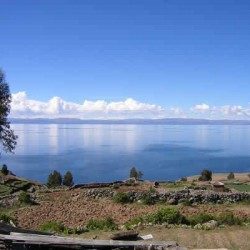 Natural resources are those goods that can be obtained from nature without the intervention of human hands. These have a positive influence on the economy by helping its development and meeting the needs of the population. Not infrequently the economic power of a given country is based on strategic natural resources.
Natural resources are those goods that can be obtained from nature without the intervention of human hands. These have a positive influence on the economy by helping its development and meeting the needs of the population. Not infrequently the economic power of a given country is based on strategic natural resources.
Despite the complexity of the goods and services that humanity can produce in recent times, it should be noted that all these possibilities are based on the exploitation of some basic resources that were not produced by human hand. To give examples, the energy needs that societies have today are impossible to satisfy without the exploitation of oil, the food needs depend on the correct use of the land, etc. It is because of that it is important to consider whether the resources that are being used can be renewed or not.
Renewable natural resources are those whose use does not deplete them, to the extent that nature regenerates them in a higher proportion than their use. However, it is possible that some renewable natural resources lose their status as such if the degree of exploitation they receive exceeds their possibilities of renewal; an example of this situation can be provided by water. It is also possible that the use made of a resource can never exceed its regeneration, so we would be facing a perpetual resource.
Non-renewable natural resources are those that constitute limited deposits or with the possibility of renewal below their exploitation by society. An extremely important example is hydrocarbons, as there are limited reserves of these.
All the above leads us to the conclusion that It is of great importance to plan the exploitation of the resources that nature provides us, in order to anticipate problems and look for alternatives.









